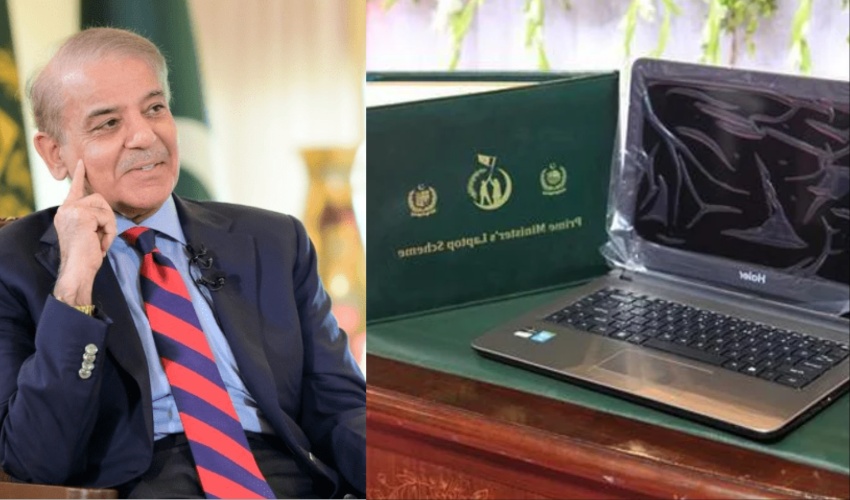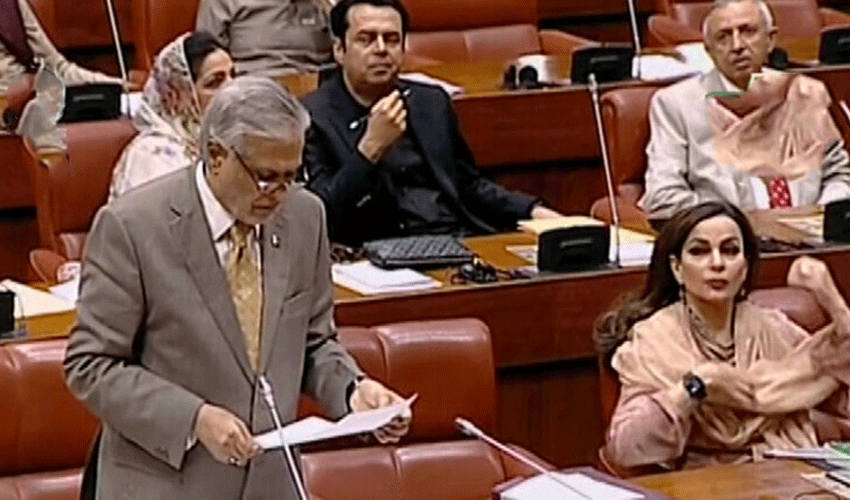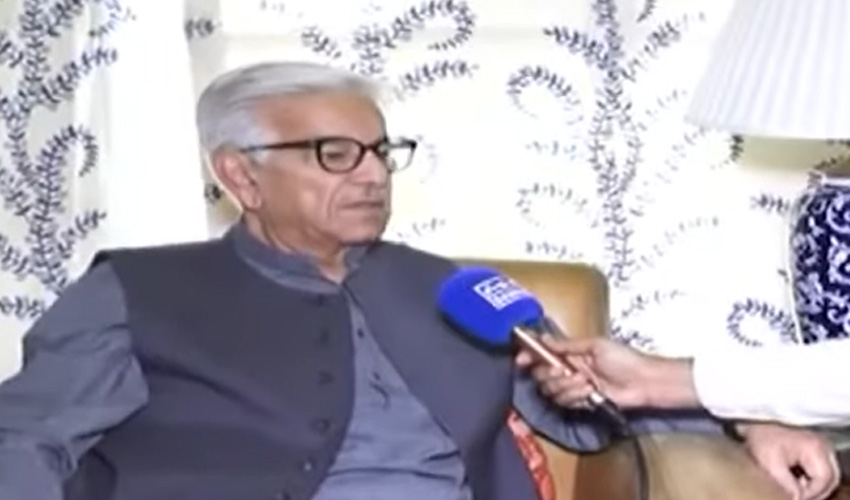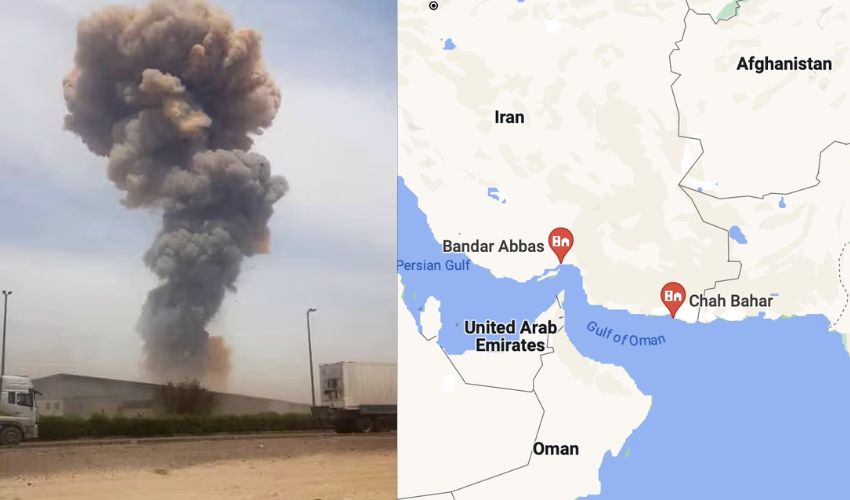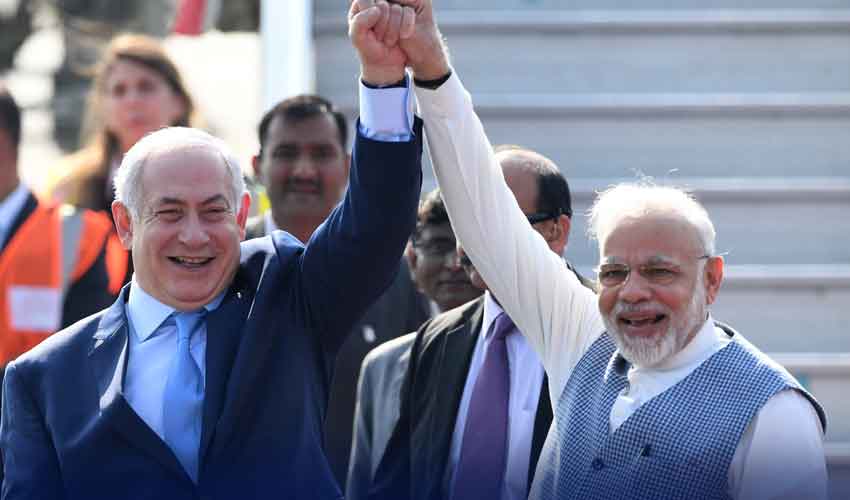The International Monetary Fund (IMF) has unveiled the strict conditions associated with its new $7 billion bailout package for Pakistan, detailing several measures aimed at increasing tax revenues and adjusting tariffs.
The government has committed to timely adjustments in electricity and gas prices as part of the agreement, with plans to raise the tax target to over Rs15 trillion for the next financial year. This includes an increase of 5% in the GST on various items, alongside the introduction of taxation on agricultural income this year and services and property tax in the following year.
All key professions, including engineering, medicine, law, export, construction, and development, will be covered under these tax changes. The IMF has mandated the implementation of a National Fiscal Agreement, requiring both the federal and provincial governments to increase tax revenues and share the burden of expenditures. The government has assured the IMF of taxing all sources of income.
According to the document, this year’s tax collection is expected to reach Rs1.723 trillion, with projections for an increase to Rs2.157 trillion next year. The government plans to eliminate all tax exemptions and levy a uniform 10% tax on goods, in addition to the 5% increased GST.
To combat tax evasion, especially in sectors like retail, transport, and real estate, the government will mandate the registration of all businesses to document the economy. Furthermore, a 5% GST will be applied to fertilizers and pesticides in the coming year.
The IMF’s conditions also include the assurance that the full cost of imported liquefied natural gas (LNG) will be passed on to consumers, with a proposed gas tariff increase expected to take effect in February 2025. Major cities, including Islamabad, Karachi, and Lahore, will utilize third-party data for more accurate tax assessments.
Additionally, the scope of a business-friendly scheme will be extended to 36 more cities, with plans for the implementation of digital invoicing and a track-and-trace system as part of an anti-trafficking initiative.







